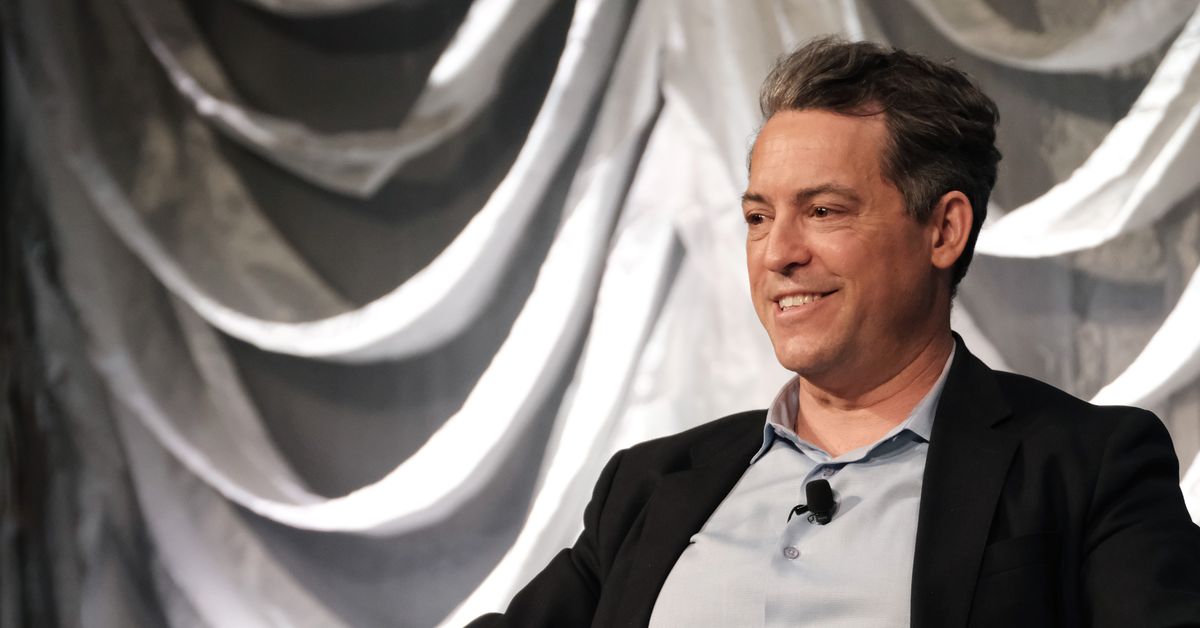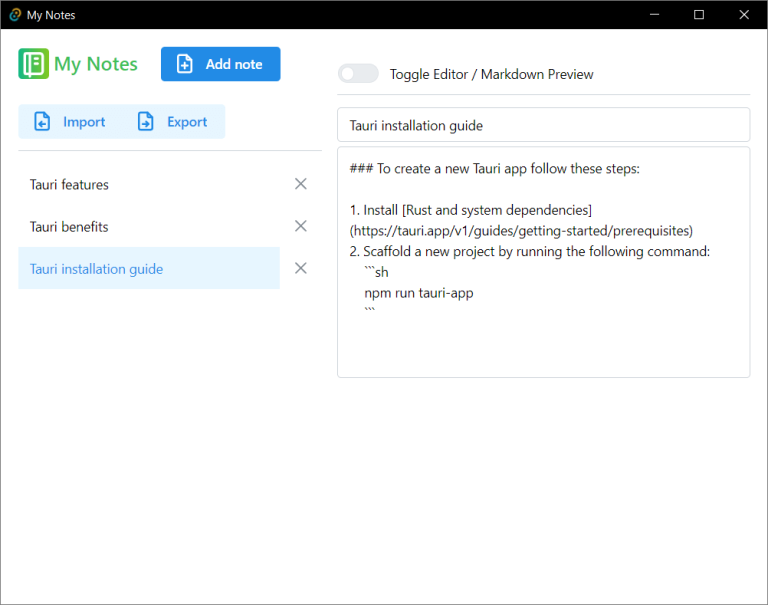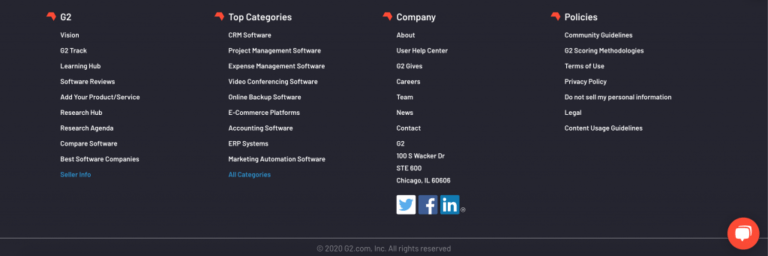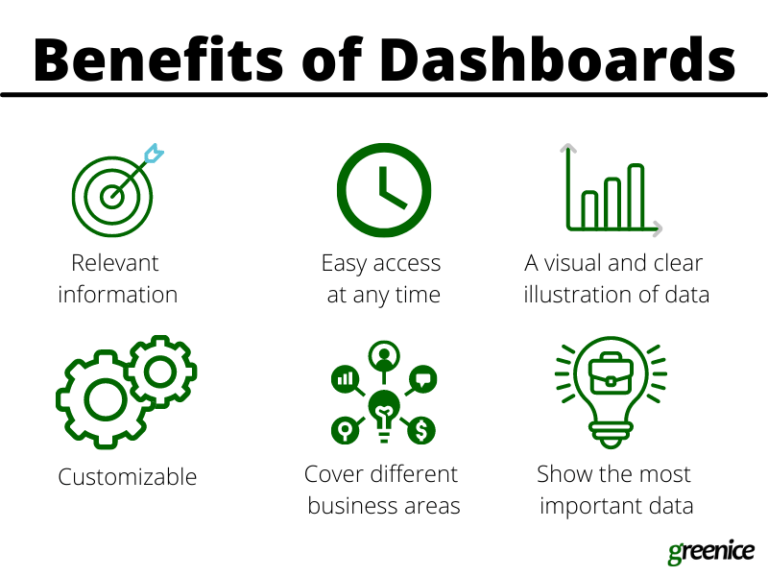
Two weeks, two deals. And now four digital media companies are turning into two. Get ready for more of that.
That’s the takeaway from Monday’s news that Vox Media — my employer — is close to acquiring Group Nine, the publisher behind outlets like The Dodo and NowThis. That deal announcement, first reported in the Wall Street Journal and then confirmed via a companywide email shortly after, comes days after BuzzFeed finished up buying Complex Networks, the publisher aimed at dudes who like hip-hop and sneakers.
The BuzzFeed-Complex deal came as BuzzFeed went public, a move its CEO Jonah Peretti said he wanted to make because it would help him acquire more media companies. The new deal shows that you don’t have to be public to buy a media company: Vox is private, and so is Group Nine.
But the mechanics of the deal — we can talk about some of those in a minute — are less important than the big picture: Collectively, the men and women who run digital media companies have been talking about combining with each other for some time. The optimistic version of that pitch: Combining equals more reach, more efficiency, more awesomeness. The flip side: If we don’t combine, we may not make it.
And now the mashups are happening, one way or another.
BuzzFeed, for instance, had already acquired HuffPost, the digital publisher Peretti had co-founded before launching his own company; he and Group Nine CEO Ben Lerer had previously talked about combining their two companies. Two years ago, Vox Media bought New York Magazine, and has been periodically picking up small media companies — last month, for instance, it picked up podcast studio Criminal Productions. Vice Media CEO Nancy Dubuc, who bought Refinery 29 in 2019, has also made it clear that she thinks her industry should consolidate. And Dotdash, the digital publishing arm owned by Barry Diller’s IAC, just swallowed magazine publisher Meredith and its library of titles, including much of what used to be called Time Inc.
Wishing doesn’t make it so: The Athletic, the subscription-supported website focused on sports, has been looking for buyers for some time, but can’t find one that will pay the price it wants. Axios, the newsletter publisher created by veterans from Politico, was in talks with German publisher Axel Springer before that deal fell through.
And Group Nine itself wanted to acquire other companies. At the beginning of this year, it had created a blank-check SPAC company — the same mechanism BuzzFeed used to go public and buy Complex. Monday’s news seems to be an admission that Group Nine couldn’t find a company it wanted to buy, or that wanted to be acquired. (Now Group Nine’s ownership stake in that SPAC will transfer over to Vox Media, which could then do … something with it.)
The throughline for all these deals — real and proposed — is scale: Get big enough, the rationale goes, and it makes it easier to sell ads, or subscriptions, or both. And at this point in the pitch you’re supposed to mention the looming digital media duopoly of Google and Facebook, and argue that consolidation is an antidote to that. But to be clear: It’s not as though all of these companies combined would be actual competitors to either Google or Facebook; it’s just that having bigger audiences makes it easier to attract more ad dollars, period — or for subscription-based companies, bigger companies have more stuff to sell.
So if consolidation helps those publishers survive, then … good? Yes, consolidating publishers means that some titles and brands you like are likely to get merged out of existence. But hopefully more will survive this way than they would on their own.
As far as the announcement details go: This is an all-stock deal, meaning investors in Group Nine — which include Discovery, the cable programmer that’s trying to acquire Warner Media — will end up with a 25 percent stake in Vox Media. Vox Media, meanwhile, has already taken investment money from Comcast. So two of the biggest media companies in the world could end up with stakes in the same digital media operation — though I’m not sure either one of them cares much about that.
And while Vox Media CEO Jim Bankoff told us in a company email Monday that he has “no immediate plans to go public,” this is very much the kind of deal you make as a precursor to going public: The Wall Street Journal reports that Vox Media, if this acquisition goes through, will do $700 million in revenue next year, with $100 million in profit; BuzzFeed is projecting similar numbers for itself.
Beyond sheer bulk, the eventual pitch to investors would be the one the company wants to start making to advertisers as soon as possible: We’ve got stuff for everybody. I surveyed some of Vox’s competitors on Monday and heard more than a bit of shit-talking about the assets the company is about to acquire: “You’re buying a pet site,” sniffed one executive. But if people want to buy ads on that pet site, and that pet site’s revenues help keep me employed, I’m not going to complain.






